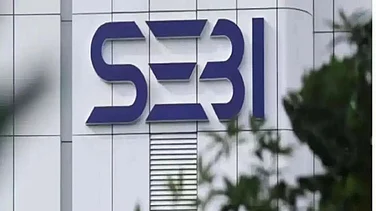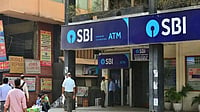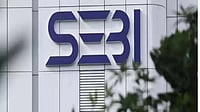Markets regulator Sebi has proposed a new framework for the Closing Auction Session (CAS) in the equity cash market, starting with highly liquid derivative stocks to determine the closing prices of shares.
The proposal, if implemented, is expected to reduce volatility, improve fairness, and make it easier for large and passive investors to execute trades.
In its consultation paper, Sebi proposed that CAS would be applied in a phased manner, beginning with stocks available in the derivatives segment-- those with sufficient liquidity--and later extended to all stocks based on experience gained.
A closing auction session is a short trading period held at the end of the day to determine the final price of a security.
The regulator proposed that session will be held separately for 20 minutes, from 3:15 pm to 3:35 pm, unlike an earlier proposal that suggested conducting it after market hours, between 3:30 pm and 3:45 pm.
The session would be divided into four phases --reference price calculation, order entry, random close, and final matching.
Index derivatives would continue to close at 3:30 pm, while near-month stock derivatives would close at 3:35 pm on expiry days.
To maintain orderly trading, CAS will operate within a 3 per cent up or down band of the reference price, determined using the VWAP of trades between 3 pm and 3:15 pm.
Execution rules will also change, with market orders receiving priority over limit orders--unlike in the pre-open session. Any unexecuted limit orders from the continuous session will automatically move to CAS but cannot be modified, only cancelled.
To enhance transparency, Sebi has proposed the dissemination of real-time data during CAS. This would include the indicative equilibrium price, cumulative buy and sell quantities, and imbalance data-- both total and specific to market orders-- helping participants make better-informed decisions.
However, Sebi also flagged a potential challenge for passive mutual funds. On index rebalancing days, these funds may face negative cash balances after CAS trades, as they typically avoid holding cash to minimize tracking errors. This could lead to settlement difficulties.
To address the issue, Sebi has suggested allowing passive mutual funds to borrow overnight to meet short-term liquidity requirements arising from CAS trades. In December 2024, the regulator proposed introducing a CAS in the equity cash market to replace the current Volume Weighted Average Price (VWAP) based method for determining closing prices of stocks.
Taking into account the feedback received from the stakeholders and subsequent deliberations in the Sebi's Secondary Market Advisory Committee, several changes have been incorporated in the proposed revised CAS design.
Sebi highlighted that data suggests "CAS provides a more stable and less volatile closing price compared to the volatility often observed under a VWAP based closing price methodology, even when handling the same level of trading volume".
VWAP-based closing can trigger volatility on index rebalancing days, as large trades executed in the final minutes tend to distort prices. On the other hand, CAS reduces such distortions by pooling all buy and sell orders into a single transparent auction, thereby ensuring better price discovery and execution for institutional investors.
The Securities and Exchange Board of India (Sebi) has sought public comments till September 12 on the proposals.































